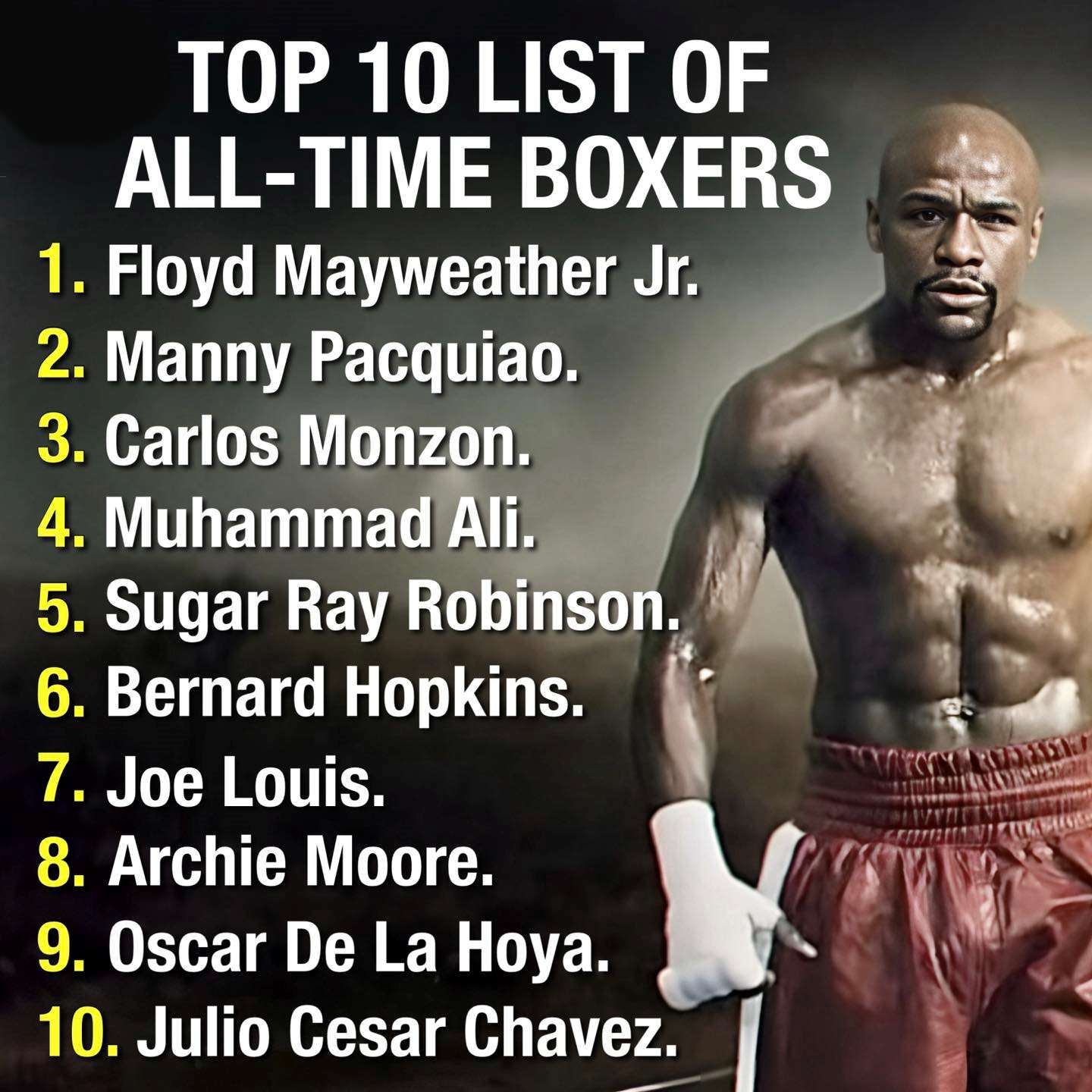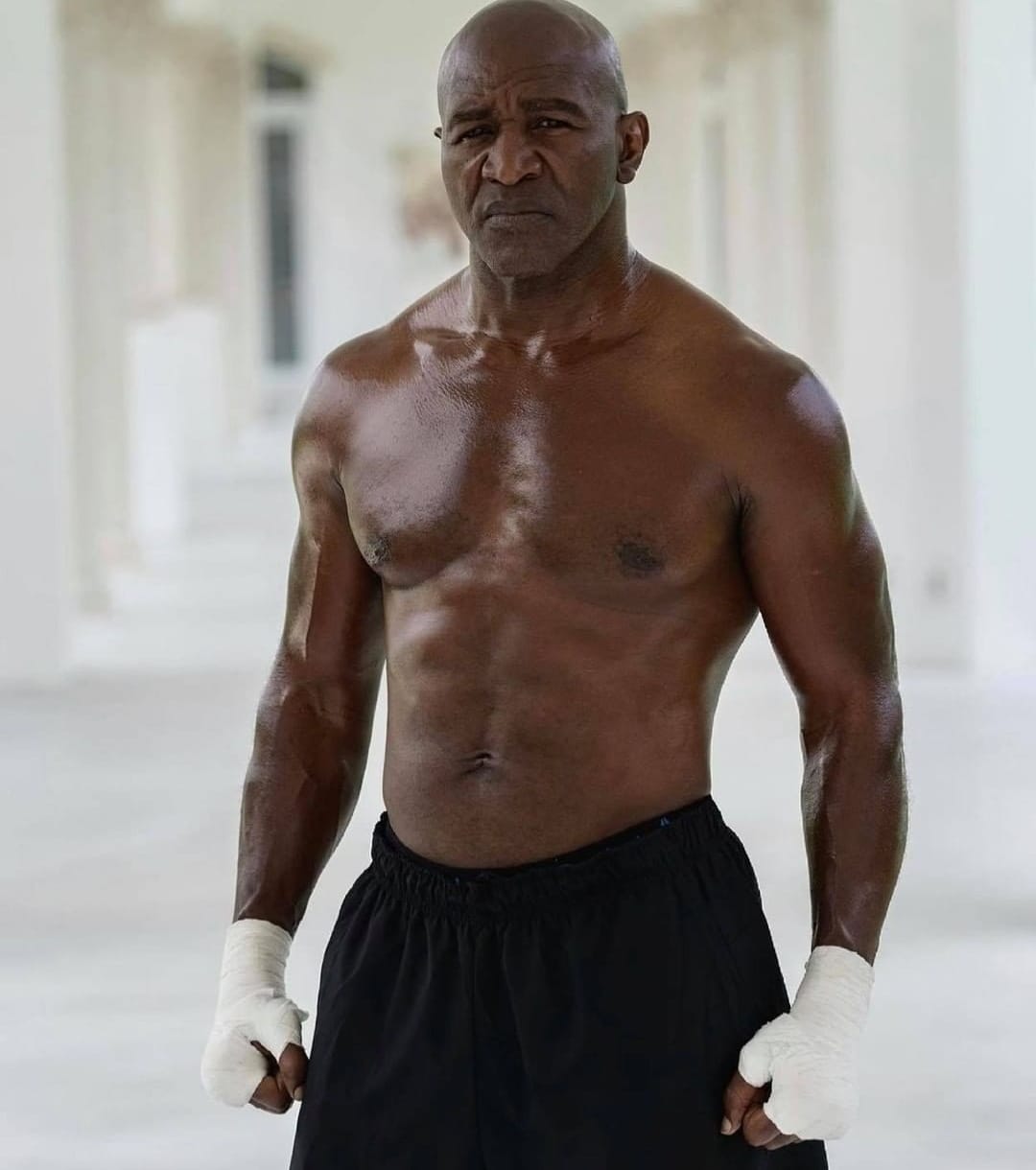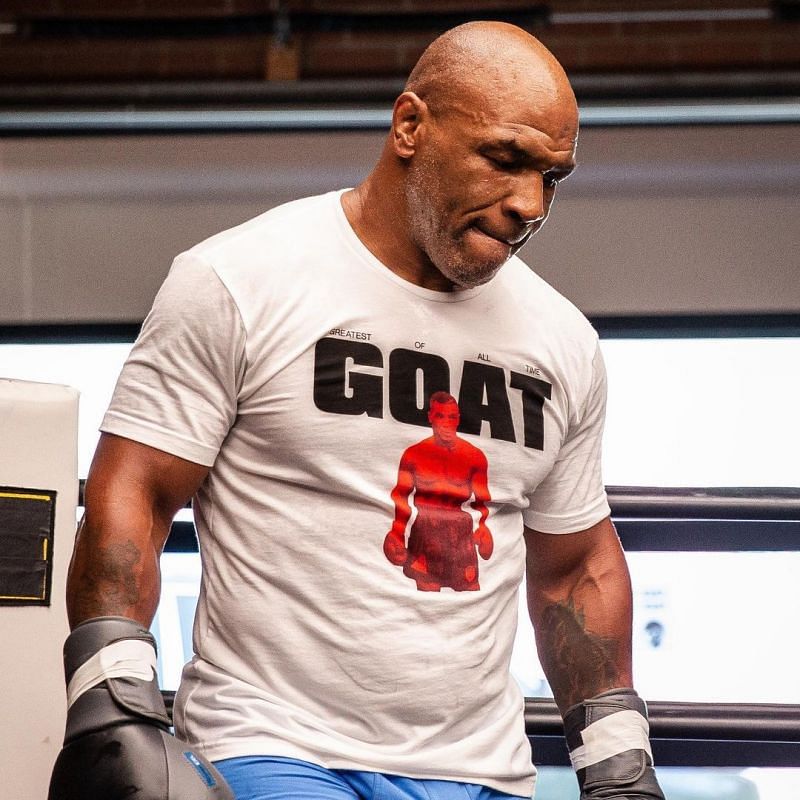In a shocking turn of events, the iconic heavyweight boxer Mike Tyson finds himself outside the top 10 in the ranking of boxing legends. Long revered as one of the most dominant and fearsome fighters in the sport’s history, Tyson’s absence from the elite echelons of the ranking has raised eyebrows and sparked debates among fans and experts alike.

For decades, Tyson’s name has been synonymous with boxing greatness. With his ferocious fighting style, lightning-fast knockouts, and undisputed dominance in the heavyweight division during the late 1980s and early 1990s, Tyson became a cultural phenomenon and a symbol of boxing excellence.

However, recent evaluations of boxing history have led to Tyson’s surprising exclusion from the top tier of legendary fighters. While the exact criteria and methodology behind these rankings may vary, it’s evident that Tyson’s legacy has faced scrutiny in light of his career’s ups and downs.


As fans and experts reflect on Tyson’s place in boxing history, his absence from the top 10 ranking serves as a reminder of the complexities and nuances inherent in evaluating the legacies of sporting icons. While opinions may differ on where Tyson ranks among the greatest of all time, one thing is certain: his impact on the sport will continue to be felt for generations to come.





